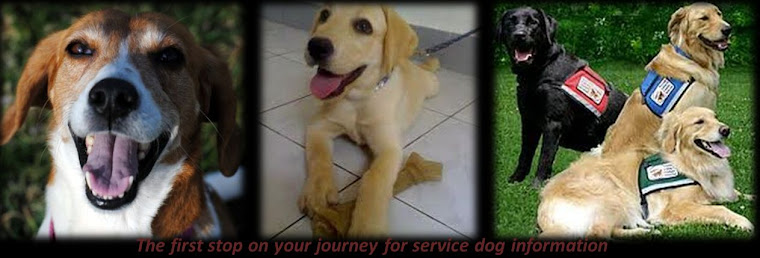My colleague and friend from VMRC, Jane Spitzer and two members of her staff, Kiyla’s trainer extraordinaire Dee Bogetti and I all met at Covenant Woods for a short training session prior to a visit with the senior residents there. Kiyla’s temporary mom and daily taskmaster, Sarah Clinton, was unable to join us.
 Remember, it wasn’t that long ago that Kiyla was homeless with an uncertain future. So how did our little prodigy do? She was stellar. She charmed everyone, showing off skills we didn’t even know she had. She was well-behaved, followed commands like a champion, wagged her tail a lot and offered a TON of love. She took treats from the residents so gently and carefully that you’d think she’d been doing it all her life. And, a great skill for a therapy dog in residence … as we walked throughout the building, Kiyla seemed determined to make sure all her entourage was with her … leave no human behind!
Remember, it wasn’t that long ago that Kiyla was homeless with an uncertain future. So how did our little prodigy do? She was stellar. She charmed everyone, showing off skills we didn’t even know she had. She was well-behaved, followed commands like a champion, wagged her tail a lot and offered a TON of love. She took treats from the residents so gently and carefully that you’d think she’d been doing it all her life. And, a great skill for a therapy dog in residence … as we walked throughout the building, Kiyla seemed determined to make sure all her entourage was with her … leave no human behind!
The residents at VMRC are preparing for Kiyla’s arrival on May 15. They’re planning field trips to buy supplies and toys and they’re watching Kiyla’s training progress on their in-house television station. Stay tuned … homecoming is just around the corner.
Don’t know where to turn to get your questions answered about service or therapy dogs, organizations or programs? Visit www.ServiceDog411.com today; it’s your first stop on the journey for help and information.

